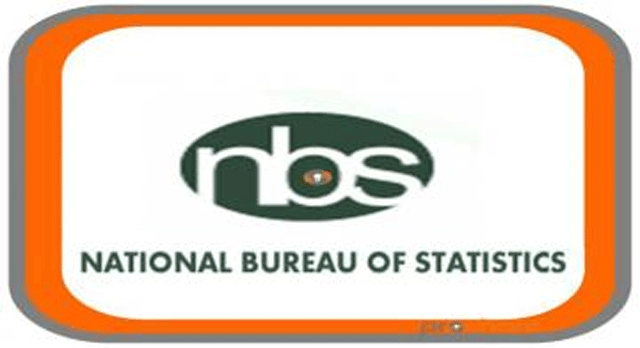Nigeria’s headline inflation rate has dropped to 24.48 per cent year-on-year in January 2025 based on new data from the rebasing of the Consumer Price Index (CPI) released by the National Bureau of Statistics (NBS). The report highlights a decline in the general price level of goods and services compared to 34.80 per cent in December 2024, which was calculated using the previous methodology. In a sharp reaction to the new inflation data Director/CEO of Centre for the Promotion of Private Enterprise Mudal Yusuf said “The sharp deceleration of the headline inflation rate from 34.8 per cent in December 2024, to 24.48 per cent in January 2025, the drop in food inflation from 39.8 per cent to 26.08 per cent and the decline in core inflation from 29.28 per cent to 22.59 per cent did not come as a surprise given the review of the computation base year from 2009 to 2024. There is additionally a strong base effect on the inflation figures given the high inflation regime in 2024, which had a considerable effect on the year-on-year inflation outcomes.
“Besides, transaction demand in December 2024 was typically much more intense because of the festivities while the spending momentum in January was predictably much slower because of lower disposable incomes following intense spending in the previous month. These are some of the explanatory factors for the sharp deceleration in the inflation numbers in January 2025. However, it is important to clarify that a drastic reduction in inflation figures is not tantamount to a reduction in price level.
“Inflation reduction simply means a reduction in the rate of increase in the general price level, not a reduction in price. The drastic deceleration in inflation should therefore be cautiously celebrated. The reality of high prices has not changed and remains a major factor in the cost of doing business, cost of living and poverty equation in the country. Households and firms are still concerned about high energy costs, the strength of the naira, high interest rate, cost of imports, transportation costs and insecurity. It is hoped that the government will recalibrate its strategies to address these major cost drivers. “What businesses and households desire at this time is a reduction in the general price level from the incredibly high levels in 2024 to a substantial moderation in 2025, which is defined in technical parlance as disinflation. The good news, however, is that we are beginning to see indications of such reductions in PMS, diesel, some food items and pharmaceutical products. It is hoped that this trajectory will be sustained in the course of the year.
But the Statistician-General of the Federation, Adeyemi Adeniran, said this during a press briefing in Abuja, said that the rebased inflation figures provide a more accurate representation of consumer spending patterns and economic realities in the country. According to the latest NBS report, urban inflation stood at 26.09 per cent, while rural inflation was recorded at 22.15 per cent. The report highlights a decline in the general price level of goods and services compared to 34.80% in December 2024, which was calculated using the previous methodology. Adeniran explained that the rebased Consumer Price Index (CPI) involved updating the reference year and modifying the basket of goods and services used in inflation measurement.
This adjustment ensures that inflation figures better reflect current economic conditions and consumer spending habits. The rebased food inflation index stood at 26.08 per cent year-on-year in January 2025, indicating a decline from the 39.84 per cent recorded in December 2024 under the old price index. The food inflation index measures the price movement of essential food items, which constitute a significant portion of household expenditures in Nigeria. In the same vein, the core inflation rate, which excludes volatile agricultural produce and energy prices, stood at 22.59 per cent year-on-year in January. The decline in core inflation suggests easing inflationary pressures in non-food sectors of the economy.
NBS said that the rebasing of the CPI is a critical step in ensuring that inflation data remains relevant and reflective of economic realities. The previous base year did not adequately capture the changes in consumer behaviour, emerging market trends, and shifts in spending patterns over time. Economists argue that while the lower inflation figures offer some relief, the cost of living remains high, and the impact of inflation continues to be felt across various sectors. The effectiveness of government policies, including monetary tightening by the Central Bank of Nigeria (CBN) and fiscal interventions aimed at stabilizing prices, will be crucial in determining future inflation trends.
The perceived drop in inflation could signal improved economic stability, but it does not necessarily translate into lower prices in the immediate term, instead, the slower pace of inflation means that prices are rising at a reduced rate, offering some relief to households and businesses struggling with high costs. The business community will be closely watching how the government navigates inflation control measures while ensuring sustained economic growth. he CBN’s monetary policies, exchange rate stability, and fiscal strategies will play a key role in shaping inflationary trends in the coming months.

